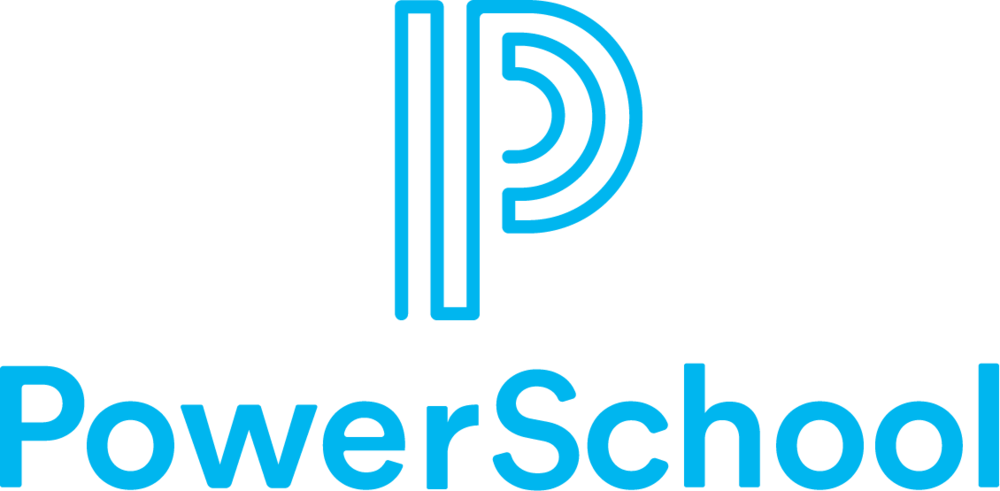On the heels of Duolingo’s successful IPO, another edtech company is taking the stage and getting in on the action of this record year for IPOs. With rock bottom prices, education software provider, PowerSchool Holdings Inc., raised $711 million in its initial public offering. This IPO makes it the largest listing in the K-12 education software space in North America.
The edtech company sold 39.5 million shares at $18 each on Tuesday. Backed by Vista Equity Partners and Onex Corp, PowerSchool saw a rise of 2.8% in their NYSE debut on Wednesday, resulting in a valuation over $3.5 billion.
The offering was led by Goldman Sachs Group Inc., Barclays Plc, Credit Suisse Group AG and UBS Group AG.
What is PowerSchool?

PowerSchool is the leading provider of cloud-based software for K-12 education with a mission to power the educational ecosystem with unified technology solutions that allow students and educators to rise to their full potential.
The company unofficially started when Greg Porter was a teenager. The software solution has grown from his first sale in 1983 for $350 to the now multi-billion dollar corporation. Their solutions range from front office to classroom to home, and assist districts in efficiently managing instruction, learning, grading, attendance, assessment, analytics, state reporting, special education, student registration, talent, finance, and human resources.
PowerSchool serves schools in 12,000+ districts in 90 countries reaching over 45 million students.
Increased Demand for Education Technology
As record numbers of companies are considering initial public offerings, investors may look at industry trends to decide where to invest with confidence. The COVID-19 pandemic may have damaged many industries and invested partners; however, industries such as Education Technology are experiencing an unprecedented boom.
The success of IPOs like PowerSchool and Duolingo is promising for smaller edtech startups which are growing as schools across the globe seek technology solutions to their educational needs. Companies that follow suit may offer investors the benefits of backing small businesses such as the qualified small business stock incentive which can provide up to 100% federal tax exemption on capital gains.
To explore the benefits of a small business investment, visit our QSBS Basics webpage.
This article does not constitute legal or tax advice. Please consult with your legal or tax advisor with respect to your particular circumstance.

